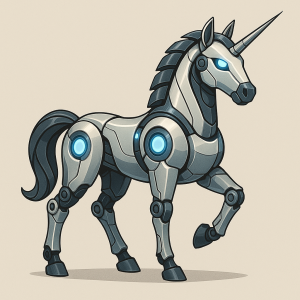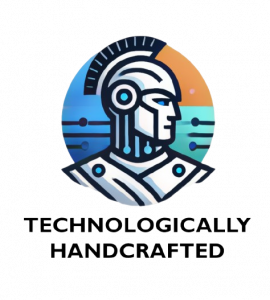What AI Chatbots Know About You—and What That Means for 2030
As AI becomes more integrated into our lives—from personal assistants to creative collaborators—one question looms larger than ever: How much do these tools really know about us?
In an eye-opening piece from Visual Capitalist, powered by data from Surfshark, we’re given a glimpse into just how much personal data today’s most popular AI chatbots are collecting. Spoiler alert: the differences are more dramatic than you might expect.
Who’s Collecting What?
Topping the list is Google’s Gemini, which gathers data across 10 distinct categories, totaling 22 individual data points. It’s the only one on the list that collects contact data like the people in your address book—yes, really.
Next up is Claude by Anthropic, which collects 13 data points including location, user content, and contact details. Microsoft’s Copilot follows closely behind, collecting 12 data points in similar categories.
Even OpenAI’s ChatGPT, one of the most widely used chatbots today, collects 10 data points, including usage behavior and contact information.
At the other end of the spectrum is xAI’s Grok, founded by Elon Musk. Grok collects the least amount of data—just 7 data points, primarily related to diagnostics and contact information. It’s a minimalist approach that stands out in a world increasingly focused on data monetization.
Why Does This Matter?
The varying degrees of data collection among AI chatbots point to a critical conversation we should all be having: How much are we willing to trade for convenience, companionship, or creativity?
We’re entering a new era where our interactions with AI are no longer transactional—they’re personal. We ask chatbots to draft our emails, brainstorm life goals, and even give us therapy-like support. That means the data they collect is intimate by nature.
And yet, the rules around how this data is stored, used, or protected are still evolving.
Looking Ahead to 2030: The Future of AI and Data Privacy
So where is this all heading? By 2030, we can expect major changes in how AI systems approach data—and how we, as users, relate to them:
- Transparency as a Standard: As users become more privacy-conscious, we’ll likely see chatbots forced to disclose in plain terms what data they collect and why.
- Stricter Global Regulations: Governments around the world are beginning to recognize the risks of unregulated AI. Expect tighter laws and international frameworks that govern AI data collection.
- User-Controlled Data Models: The next generation of AI could give users more power—offering dashboards where we can opt in or out of specific types of data sharing. Think of it as your personal data command center.
- A New Kind of Trust: In the same way we choose a doctor or financial advisor based on ethics and integrity, we might choose our AI tools based on how they respect and handle our data.
Final Thoughts
AI chatbots are becoming central to how we live and work—but that relationship needs to be built on transparency and trust. The insights from Visual Capitalist’s 2025 ranking show just how far we’ve come—and how much further we need to go.
Because as we step into the future, one thing is certain: privacy is no longer a footnote in the AI conversation. It’s the headline.


